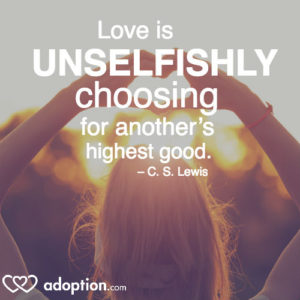September 03, 2020
Advocating for Racial Equality in Adoption
Over the last few years, the adoption world has been focusing more and more on the stark racial disparities within its community. Systems are attempting to change process while implementing new solutions focused on leveling the playing field in regards to race representation throughout the adoption process. Jurisdictions, community agencies, and action committees are seeking to identify disproportionate realities and implement change on a macro level.
According to the National Conference of State Legislatures, 33% of children in the foster and adoption system are Black. That statistic is especially staggering, considering that Black children only make up 15% of the general population. Does the system undermine families of color? Why are Black families so heavily underrepresented in the adoption process?
Race correlates to child services more than we might know—primarily due to societal restraints put especially on Black families, like lower-income housing, less attractive job opportunities, and overall minimal access to community services. In Wisconsin, a child living in a household with an income of less than $15,000 a year was six times more likely to become involved in the criminal justice or child services system.
How do we bring balance to such an uneven system? What can we, as a community, do to ensure that Black families and parents are accurately represented in this system? You can start with your legislature and advocate for laws and policies that make the adoption process smoother and more equitable for all. The United States Congress has a list of legislative contacts by state. Black parents need our support—sometimes something as simple as sitting down and having a conversation about their feelings and struggles through the process. You can provide an open ear and heart.
While there are significant strides to go—it’s essential to see the community and government leaders come together for the greater good. You can’t change the world—but you can change someone’s world. Be there for your friends of color as they navigate the journey. You may find that your journeys look very different.



